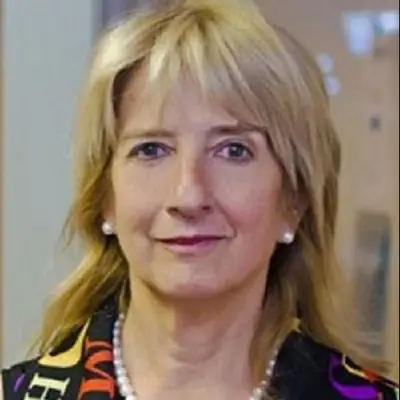
Since the 1980s, I have continuously applied critical, comparative, systems-thinking to rapidly-changing financial markets.
When Ann Rutledge graduated Phi Beta Kappa from Wellesley College in 1976, she taught literature and philosophy of science to Hong Kong graduates and gained fluency in Mandarin and Cantonese.
As the family breadwinner, she went for an MBA at Chicago Booth and went to work at Too-Big-To-Fail Continental Bank. She also worked on the Chicago Board of Trade floor, the belly of the derivatives industry, in time to see the market collapse on Black Monday, October 1987. Returning to Asia as capital markets opened up she helped the failed Hong Kong Futures Exchange list its Hang Seng Index Option and liaised with Chinese government planners as the Exchange’s sole Mandarin speaker. She headed prime brokerage for JP Morgan in 1993, opening the first wave of Asian institutional clearing accounts. She joined Moody’s Investors Service in Hong Kong before Asian Crisis and grew their regional market share from 0% to 100%.
But while at Moody’s, she identified the fatal flaw of structured finance and left in 1999 to found a general partnership offering dynamic research and ratings consultancy. Working closely with Sylvain Raynes, they patented many digital tools that track credit risk dynamically and delivered the information to clients in different formats (see Raynes’ bio). They have extensive experience in structured finance and credit ratings training and examination. Various statutory exams use their content.
In addition to managing their organizations, Rutledge consults to the UNDP Africa on elevating sovereign credit ratings. She is a Board Member and head of Education for the Fixed Income Investor Network, the world’s largest trade association, as well as an advisor to a shareholder advisor business and a startup African capital markets consultancy.
Modernizing the Credit Layer and Leading Sustainability

Clean Fintech
Clean Fintech is a forward-thinking credit warrior dedicated to restoring trust, equilibrium and market engagement through better information technology, global connectivity and our commitment to transparency, responsibility and governance.
Categories
- No categories
